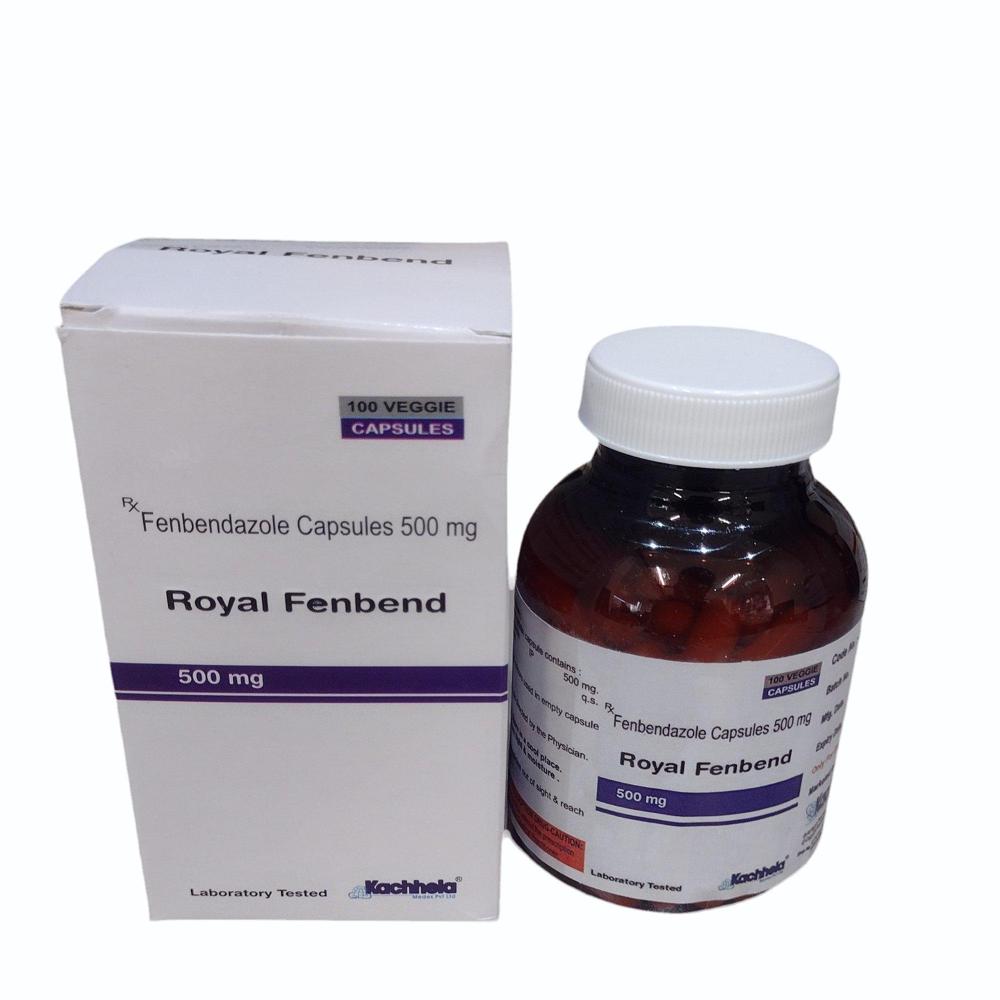222 mg fenbendazole: Dosage Guidelines for Effective Treatment
Wiki Article
Comprehending the Perks and Uses of Fenbendazole in Veterinary Medication
Fenbendazole has actually established itself as a crucial anthelmintic in veterinary medicine. Its capability to target numerous parasitic infections makes it a valuable device for veterinarians. The medication's mechanism interferes with vital cellular procedures in parasites, bring about effective therapy results. Its security account varies between varieties, necessitating cautious factor to consider in its use (fenbendazole capsules). Understanding these characteristics can lose light on fenbendazole's wider ramifications in veterinary treatment and continuous study right into its potential beyond typical applicationsSystem of Activity of Fenbendazole

Usual Parasitic Infections Dealt With With Fenbendazole
A range of parasitical infections are efficiently treated with fenbendazole, making it a versatile choice in vet medicine. This anthelmintic representative is particularly effective versus nematodes, including roundworms and hookworms, which typically affect pets and felines. It is also made use of for the therapy of cestodes, such as tapeworms, offering a broad range of action against both sorts of digestive parasites. In addition, fenbendazole is helpful in managing infections brought on by protozoa, particularly Giardia, which can cause stomach distress in animals. Its efficiency encompasses treating particular lungworms in dogs and felines, dealing with respiratory system health and wellness concerns connected to these bloodsuckers. Generally, fenbendazole's capability to target several parasitic varieties makes it an important device in veterinary practice, making certain the wellness and well-being of pet dogs impacted by these common infections.Safety and Efficiency in Various Pet Types
The safety and security and effectiveness of fenbendazole vary amongst various pet varieties, highlighting the importance of species-specific considerations in vet medication. In pooches, fenbendazole is generally well-tolerated and efficient versus a variety of intestinal bloodsuckers, consisting of roundworms and hookworms. For felines, however, its use is much less typical and might need careful application because of potential negative reactions.In livestock, such as cattle and sheep, fenbendazole shows effectiveness versus different endoparasites, adding to boosted wellness and performance. Nevertheless, the pharmacokinetics and potential side impacts can vary considerably in between types, requiring careful analysis by veterinarians.
Equines also respond positively to fenbendazole, specifically for dealing with strongyles and ascarids, though dose and management routes need to be tailored to their one-of-a-kind physiology. As a result, understanding these distinctions is vital for enhancing treatment results and ensuring pet welfare across varied varieties.
Administration and Dosage Guidelines
Proper administration and dose guidelines are published here essential for taking full advantage of the healing effects of fenbendazole while decreasing prospective side results. The dosage generally differs depending upon the varieties being dealt with, the particular condition, and the formulation of fenbendazole used. fenbendazole capsules. For dogs and felines, an usual dosage is 50 mg/kg body weight, provided daily for three consecutive days, however vets might readjust this based on individual health analysesIt is essential to provide fenbendazole with food to boost absorption and reduce stomach upset. The medication is readily available in various types, consisting of granules and paste, permitting flexible management alternatives. Keeping an eye on the pet's response throughout and after therapy is advisable to confirm efficacy and safety and security. Furthermore, veterinary assistance is important to identify the appropriate period of therapy based upon the kind of parasitic infection being attended to, guaranteeing ideal results for the pet's wellness.
Future Viewpoints and Research on Fenbendazole
Study on fenbendazole continues to evolve, concentrating on its potential applications past typical antiparasitic uses. Recent research studies click have actually discovered its effectiveness in dealing with different types of cancer cells, especially in veterinary oncology. Initial data recommend that fenbendazole may hinder the development of lump cells and boost the results of various other chemotherapeutic representatives.In addition, researchers are exploring its role in managing intestinal conditions in pets, highlighting its anti-inflammatory residential properties. The adaptability of fenbendazole for different species questions regarding its safety and security accounts and suitable application regimens in varied populations.
As interest grows, there is a demand for detailed scientific tests to develop evidence-based standards for these novel applications. Future study might likewise examine the mechanisms behind fenbendazole's impacts, possibly leading the way for innovative restorative approaches in vet medication. The continuous expedition of fenbendazole might substantially boost therapy choices for various vet problems.

Frequently Asked Concerns
Is Fenbendazole Safe for Pregnant Animals?
The safety and security of fenbendazole for pregnant animals remains uncertain. While some researches recommend marginal risk, veterinarians commonly advise caution and often discourage its use throughout pregnancy unless the advantages plainly outweigh potential risks.Can Fenbendazole Be Made Use Of in Livestock?
Fenbendazole is generally made use of in animals to treat various parasitic infections. 222 mg. Its efficiency against gastrointestinal worms makes it a valuable anthelmintic, adding to enhanced health and wellness and performance in pets raised for food and fiberWhat Are the Negative Effects of Fenbendazole?

The side results of fenbendazole may consist of stomach disturbances, lethargy, and allergic reactions. In rare cases, extra serious responses can take place, requiring careful tracking and appointment with a veterinarian throughout therapy.
Just How Does Fenbendazole Compare to Other Dewormers?
Fenbendazole offers broad-spectrum effectiveness against numerous parasites, often comparing favorably to other next page dewormers. Its distinct mechanism targets different life stages, making it efficient, while normally providing a beneficial security profile contrasted to options available on the market.Can Fenbendazole Be Made Use Of for Treating Cancer in Pet Dogs?
The capacity of fenbendazole in dealing with cancer in family pets has actually amassed rate of interest. Initial studies recommend it might prevent cancer cell growth, yet even more research study is necessary to verify its efficacy and security in vet oncology.Report this wiki page